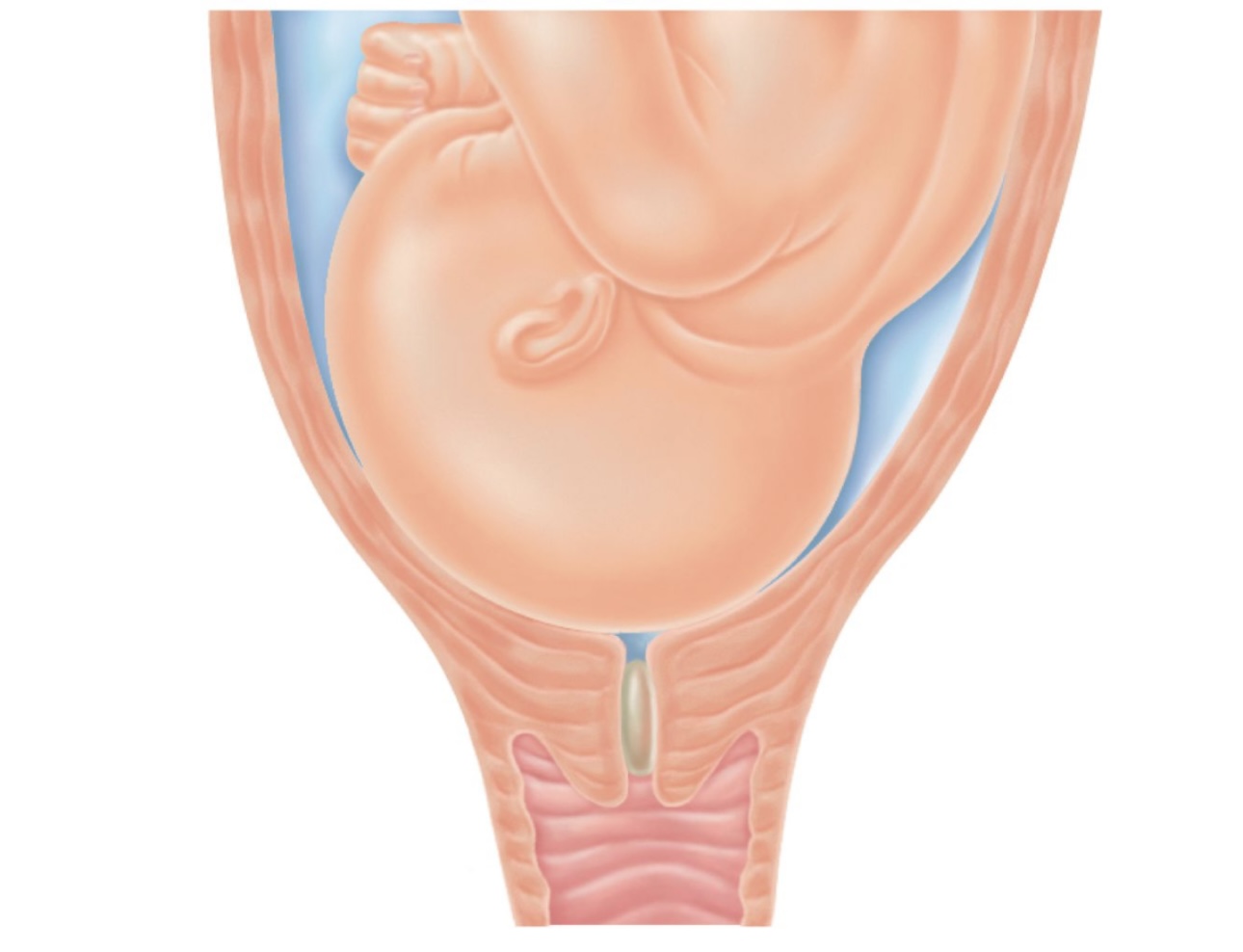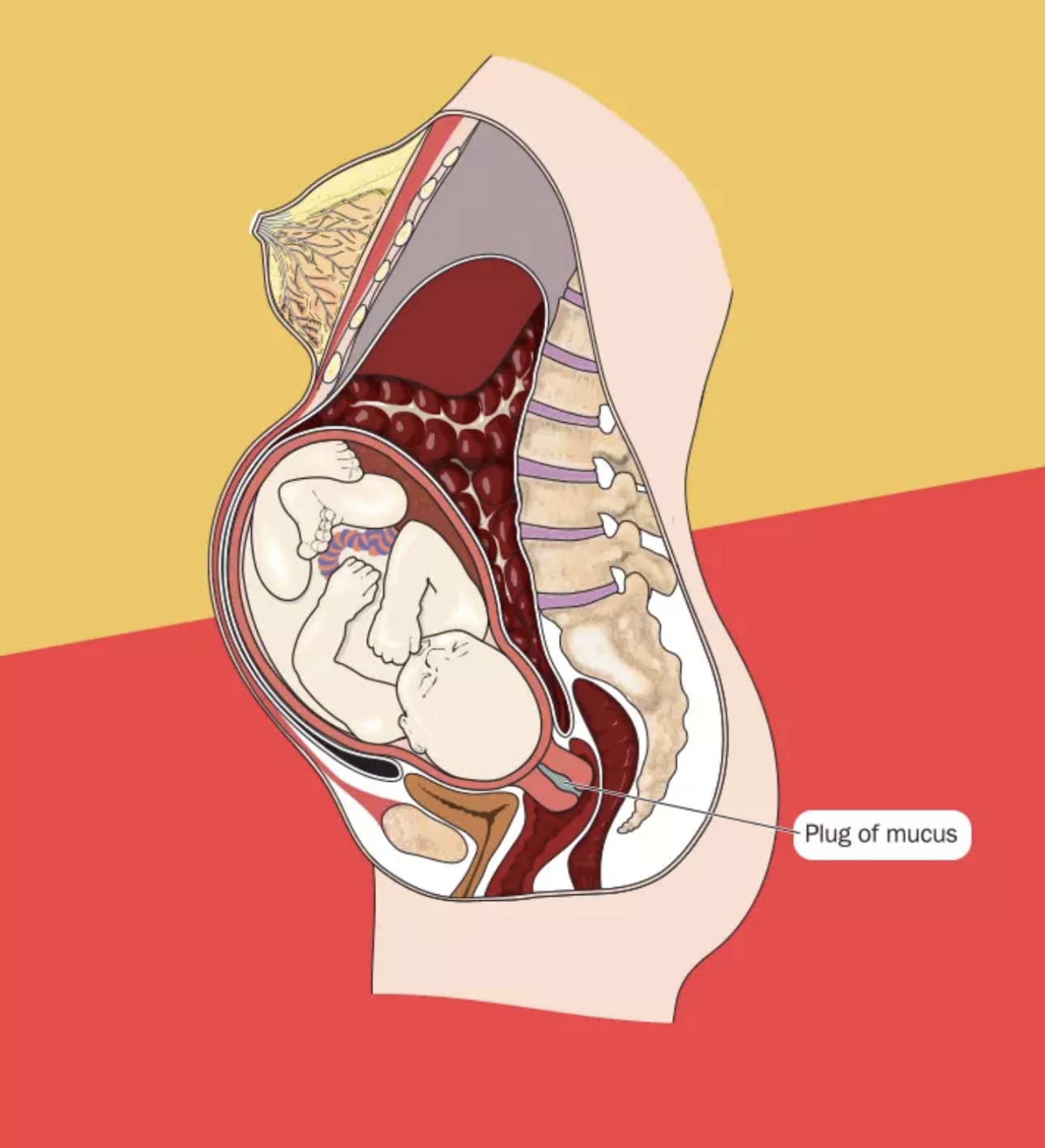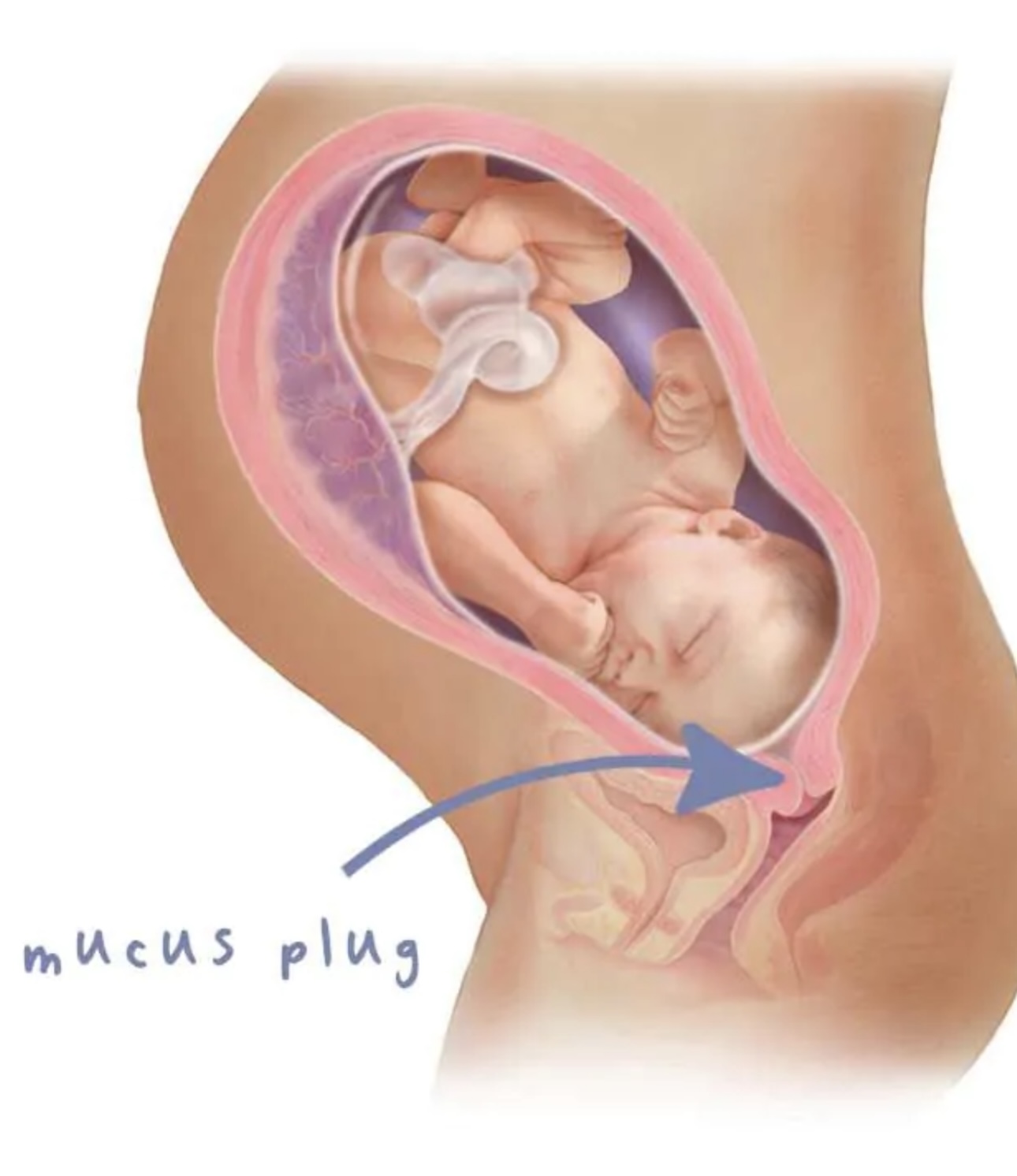The mucus plug is a substance that forms in the cervix during pregnancy to help protect the developing fetus from harmful bacteria and other pathogens. It is a thick, jelly-like substance that blocks the opening of the cervix to prevent infections from entering the uterus. As the pregnancy progresses, the mucus plug may be expelled from the body, often as a sign that labor is imminent. Understanding the purpose and function of the mucus plug can help expectant mothers to better prepare for the arrival of their baby.
It is important to note that the mucus plug can vary in appearance and consistency, ranging from clear and slightly tinged with blood to thick and brownish in color. It is also normal for the mucus plug to be expelled gradually over time, rather than all at once. Keeping track of any changes in vaginal discharge during pregnancy can help women to recognize when the mucus plug has been discharged. If there are any concerns or questions about the mucus plug, it is important to consult with a healthcare provider for guidance and reassurance. Overall, understanding the role of the mucus plug in pregnancy can help expectant mothers to feel more informed and confident as they prepare for the birth of their child.

Function and Purpose
Function and purpose are essential aspects of any system, organization, or individual behavior. The function refers to the role or task that something performs within a larger system or structure, while purpose is the intended goal or reason for its existence. When something is functioning properly and fulfilling its purpose, it contributes positively to the overall efficiency and effectiveness of the system.
For example, in a business setting, the function of a marketing department is to promote and sell products or services, while its purpose is to increase brand awareness and generate revenue. Similarly, in the human body, the function of the heart is to pump blood throughout the body, while its purpose is to sustain life by delivering oxygen and nutrients to cells. Understanding the function and purpose of different elements within a system allows for better coordination and alignment of efforts towards common goals.
It also helps to identify areas of improvement or inefficiency when something is not performing as expected. In essence, function and purpose are the guiding principles that drive behavior and decision-making, shaping the outcomes and impacts of our actions. By being mindful of these concepts, individuals and organizations can strive to operate more effectively and achieve greater success in their endeavors.
Formation
Formation is the process of coming together to create something new or to establish a structure or organization. It involves the gathering of individuals with a common purpose or goal and working together towards achieving that objective. Formation can take place in various contexts, such as the formation of a new company, the formation of a sports team, or the formation of a social group. It requires collaboration, communication, and coordination among the individuals involved to ensure that everyone is on the same page and working towards the same end result.
The process of formation can be complex and challenging, as it requires individuals to set aside their personal differences and opinions in order to focus on the collective goal. It often involves a series of steps or stages, such as planning, organizing, and implementing, to ensure that the formation is successful and sustainable. Ultimately, formation is about bringing people together to create something greater than the sum of its parts, and it can lead to the development of strong relationships, innovative ideas, and positive outcomes for all involved.

Characteristics
Characteristics are the unique traits and qualities that define an individual or object. These attributes can vary greatly from person to person, giving each individual their own distinct personality and appearance. Physical characteristics such as height, hair color, and eye shape can be easily observed and identified.
However, there are also more subtle characteristics such as intelligence, creativity, and empathy that are not as easily discernible but play a significant role in shaping who we are. These traits are often a combination of genetic inheritance and environmental influences, resulting in a complex mix that makes each person truly one of a kind. Additionally, characteristics can also refer to the distinguishing features of objects or entities.
For example, a car may be characterized by its color, size, and shape, while a company may be characterized by its mission, values, and culture. Understanding and recognizing these characteristics can help us better understand and appreciate the diversity and complexity of the world around us. In conclusion, characteristics are the unique qualities that make each individual or object distinct and special. They are a reflection of our genetic makeup, experiences, and environment, shaping who we are and how we interact with the world. Embracing and celebrating these characteristics can lead to a greater appreciation of the diversity and richness of humanity.
Role in Labor
The role of labor in society is essential for the functioning of businesses and economies. Laborers are the backbone of industries, working tirelessly to produce goods and provide services that drive economic growth and development. Without the hard work and dedication of laborers, businesses would not be able to operate efficiently and meet the demands of consumers. Laborers play a crucial role in creating wealth and prosperity for themselves and their communities through their contributions to the workforce.
They are responsible for the production, distribution, and consumption of goods and services that are necessary for the functioning of society as a whole. Laborers also play a vital role in shaping the culture and identity of communities, as they often come together to form unions and advocate for better working conditions and wages. Laborers are the driving force behind innovation and progress, as they constantly seek ways to improve processes and increase productivity in their respective fields. In essence, laborers are the engine that keeps the economy running and ensures the prosperity of society as a whole.
Their role is crucial in maintaining the balance between supply and demand, and in ensuring that businesses can operate effectively and meet the needs of consumers. Without the hard work and dedication of laborers, businesses would not be able to thrive and societies would struggle to prosper.

Signs of Expulsion
Expulsion is a process that occurs when a person is asked to leave a certain place or group. There are various signs that may indicate that someone is at risk of being expelled. One common sign is when a person repeatedly violates the rules or policies of the place or group they are a part of. This may include engaging in disruptive behavior, failing to meet academic or performance standards, or causing harm to others. Additionally, if a person consistently ignores warnings or disciplinary actions, it may be a sign that expulsion is imminent.
Another indicator is when a person becomes isolated or ostracized by others in the community, as this may be a precursor to being formally expelled. In some cases, a sudden change in behavior or attitude may also signal that someone is at risk of expulsion. This could include becoming more defiant, aggressive, or uncooperative. Ultimately, expulsion is a serious consequence that can have significant impacts on a person’s life and future opportunities. By recognizing the signs of expulsion early on, individuals may have the opportunity to address underlying issues and potentially avoid being expelled.
When to Contact a Healthcare Provider
Knowing when to contact a healthcare provider is crucial for maintaining one’s health and well-being. If you are experiencing persistent or severe symptoms that are impacting your daily life, it is important to reach out to a healthcare provider for guidance. This could include symptoms such as chronic pain, unexplained weight loss, or changes in bowel habits. Additionally, if you have a family history of certain medical conditions, it may be wise to consult with a healthcare provider to discuss preventative measures or screenings.
It is also important to seek medical attention if you have been injured or are experiencing symptoms that are out of the ordinary for you. Remember, it is always better to be cautious and seek medical advice when in doubt. Healthcare providers are trained professionals who can assess your symptoms and provide appropriate treatment or referrals to specialists if needed. By seeking timely medical attention, you can ensure that any potential health concerns are addressed promptly, leading to better outcomes in the long run. Don’t hesitate to reach out to a healthcare provider if you have any concerns about your health – it is always better to be proactive in taking care of yourself.
